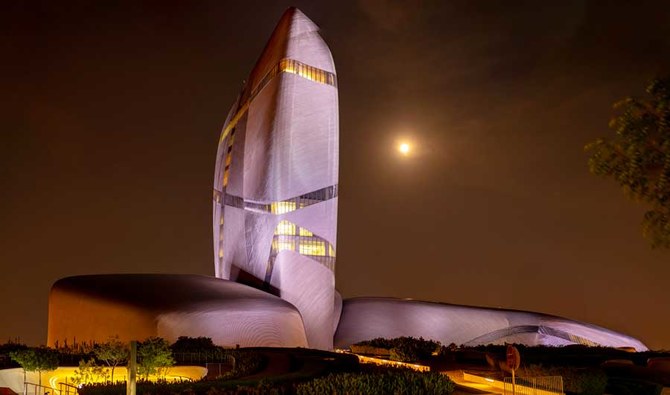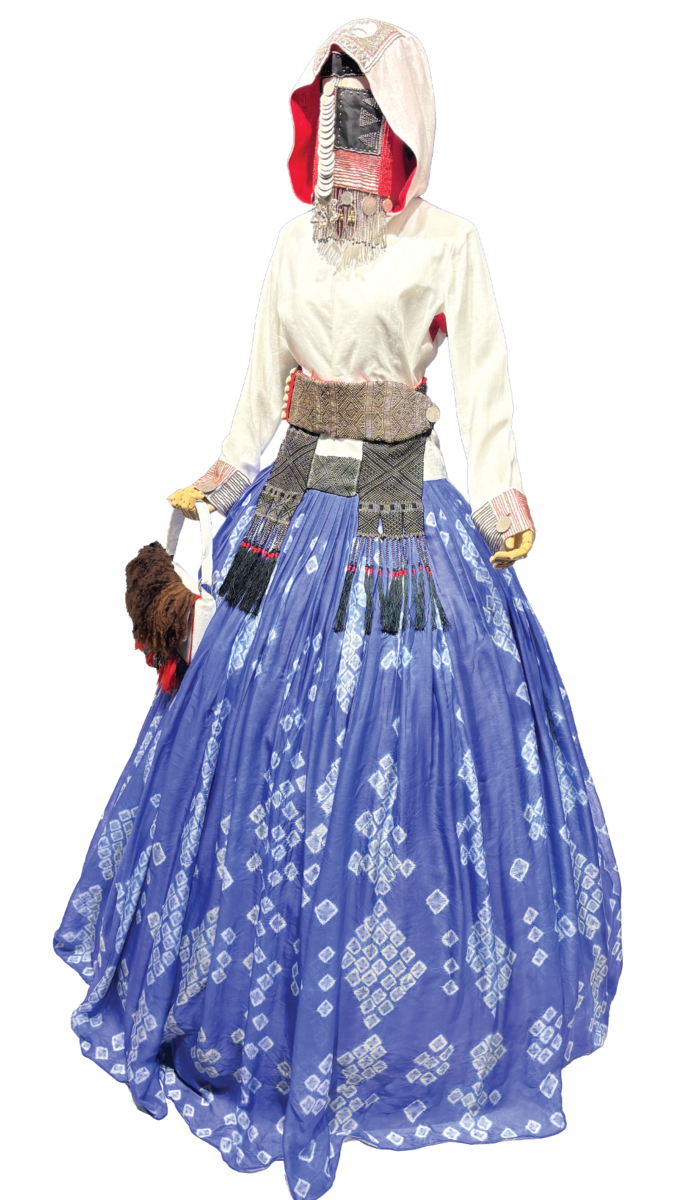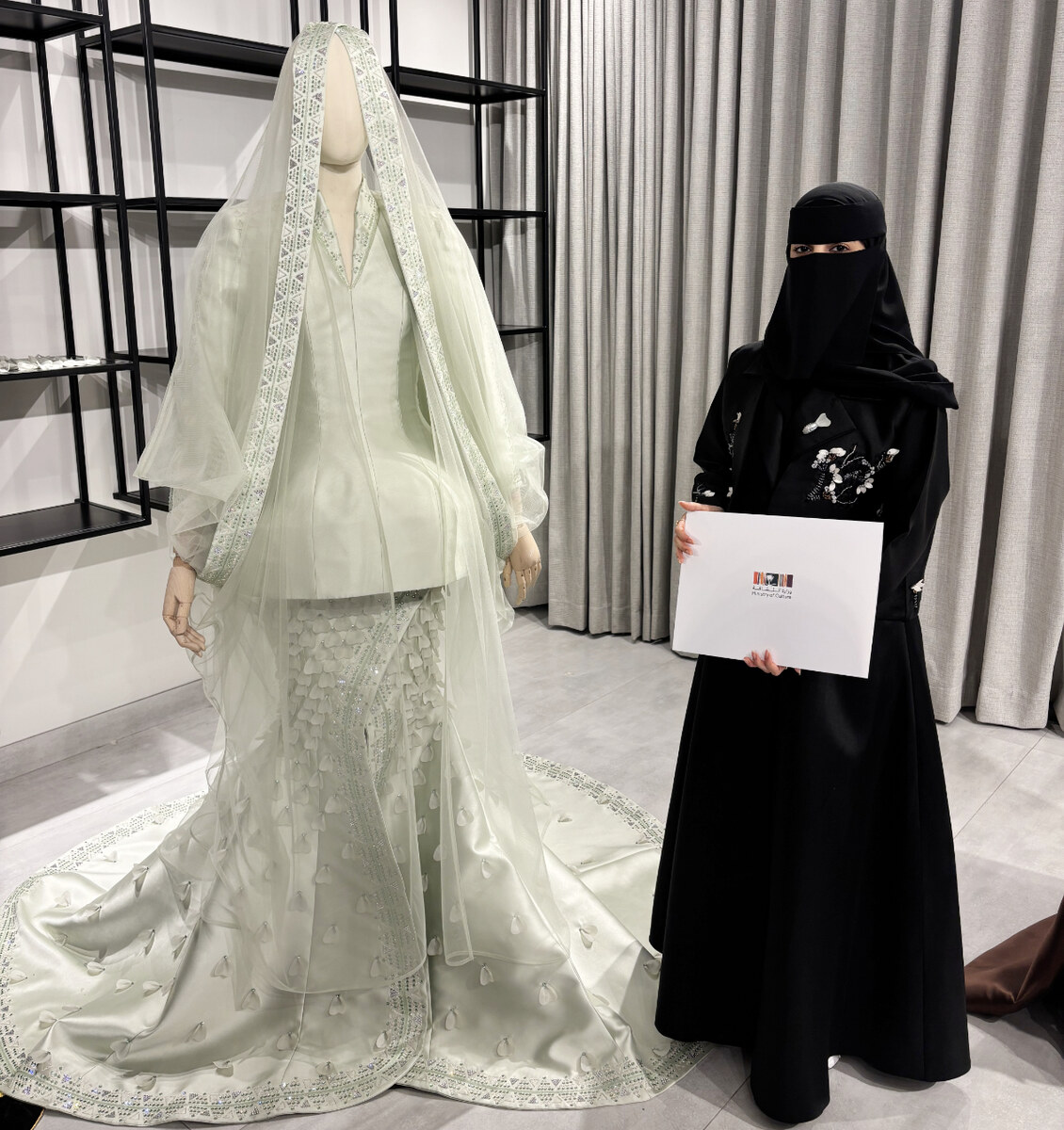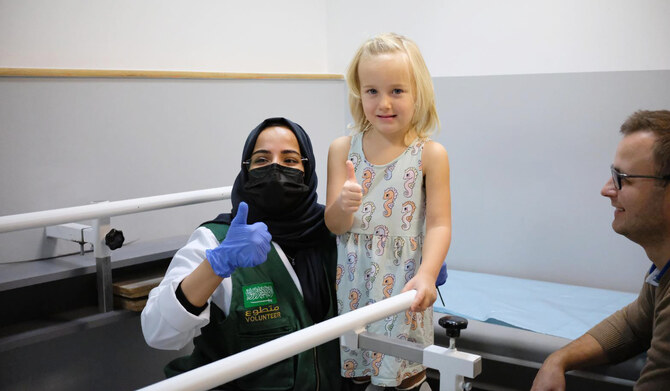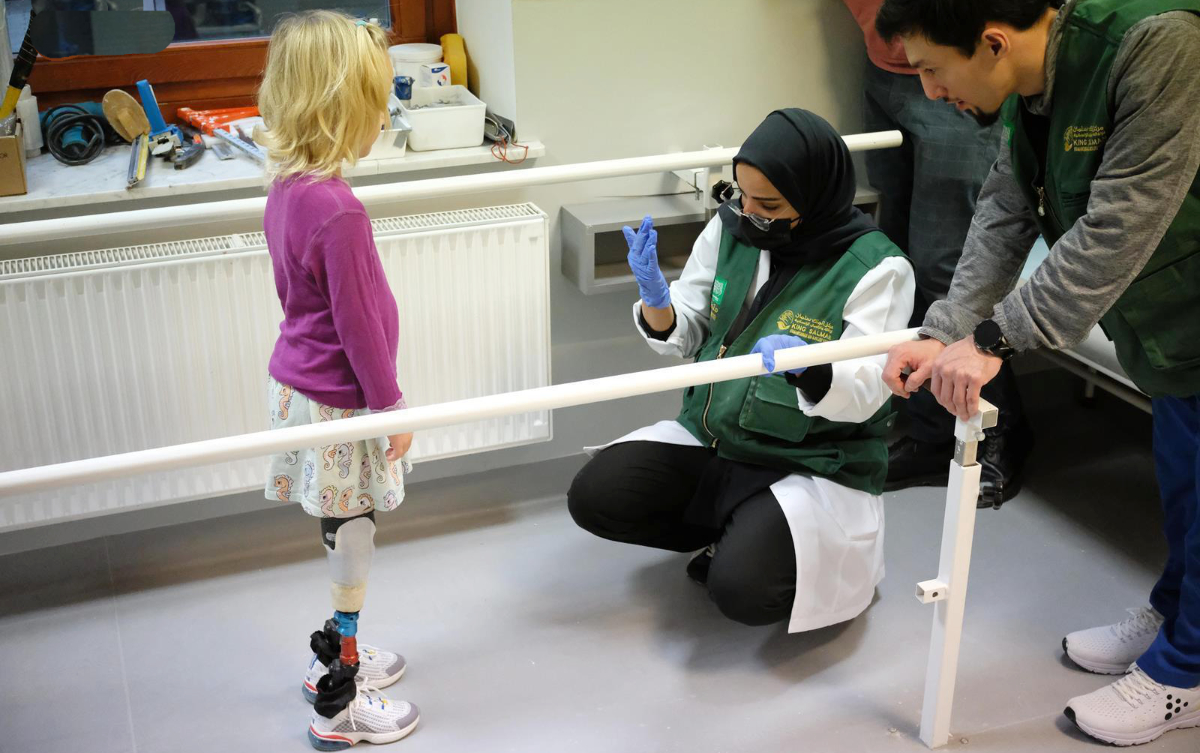RIYADH: The King Abdul Aziz Center for World Culture (Ithra) has launched its international COVID-19 Exhibit, a collection of thoughts, memories and reflections on people’s pandemic experience that can be expressed through art.
Ithra started accepting visitors again since the end of the nationwide coronavirus lockdown, but the effects of the pandemic remain on people’s minds and in their everyday lives.
Launched on June 28, the exhibit’s first phase consists of a virtual show highlighting objects that were particularly significant to members of the public during the pandemic.
Ithra is currently inviting submissions at https://www.ithra.com/en/covid-19-exhibit, and the gallery will go live to the public in July.
Examples of objects being sought by Ithra include newly made works of art or images of objects of particular importance: A pen, a photo of loved ones or relatives, a diary, a musical instrument, a book or a note from a family member.
In 2021, the second phase of the project will include objects selected by the curators from the online submissions, which will be on display at the Ithra building in Dhahran.
Ithra’s head of museums, Laila Faddagh, said that the exhibit was the perfect opportunity for the global community to tell their stories during a difficult and complicated time.
HIGHLIGHTS
• Launched on June 28, the exhibit’s first phase consists of a virtual show highlighting objects that were particularly significant to members of the public during the pandemic.
• Ithra is currently inviting submissions, and the gallery will go live to the public in July.
• Examples of objects being sought by Ithra include newly made works of art or images of objects of particular importance.
• In 2021, the second phase of the project will include objects selected by the curators from the online submissions, which will be on display at the Ithra building in Dhahran.
“While this is an unprecedented time, it is also an unprecedented moment of global solidarity,” she said. “Art is about connecting people through culture — and culture is based on the exchange of ideas and identities — but we connect maybe even more easily through common objects.”
She added that the exhibit was intended to be a forum for creativity and self-expression for everyone. “Ithra is in Saudi Arabia, but, as a leading center for global culture, we want to include people from around the world. In the spirit of welcome, warmth and empathy — especially now during the pandemic — it is an opportunity to connect with everyone, from anywhere.”
The exhibit aims to offer a platform to share objects that are meaningful to people and their stories, provide perspective on the effects of COVID-19 on people and their relationships with objects, connect cultures and create dialogue through international participation, encourage self-expression and creativity, and foster empathy and unity among people around the world.
Ithra, Saudi Aramco’s flagship initiative and the first institute of its kind in the Kingdom, is considered one of the country’s most culturally significant establishments.
During the pandemic, the center’s Ithra Connect initiative produced more than 50 ongoing programs for people nationwide to benefit from during lockdown.
Ithra Connect featured talks by prominent speakers such as British actor Idris Elba and US astrophysicist Neil DeGrasse Tyson, full online access to Ithra’s library, and the “COVID-19 Journal,” an online collective diary where people from around the world shared their thoughts about the pandemic in Arabic and English.



